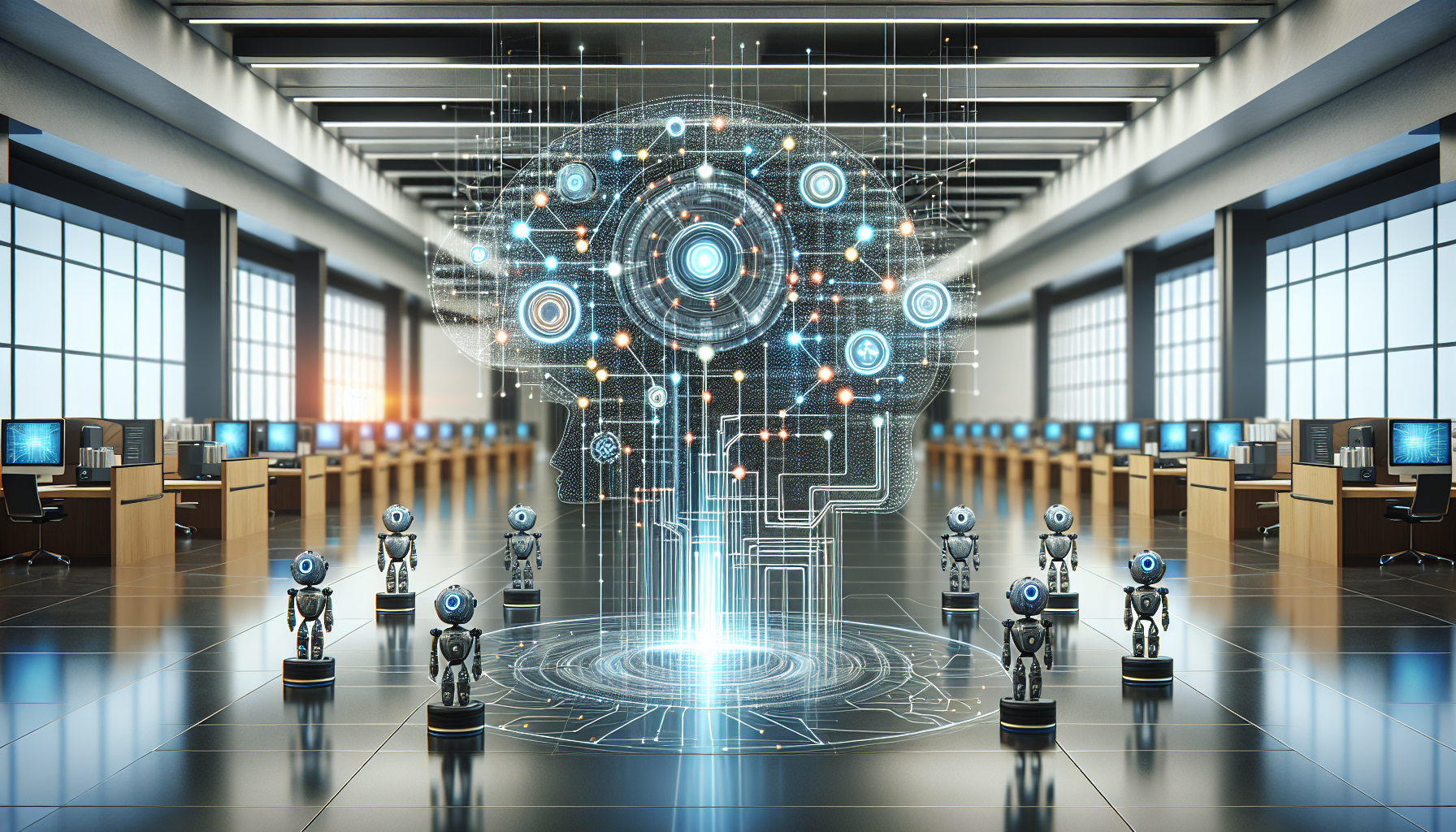
Ethical Considerations in AI Development: A How-to Guide for Responsible Innovation
October 17, 2025
Artificial Intelligence has firmly planted itself in the fabric of our daily lives, from recommending our next favorite series to playing a pivotal role in medical diagnostics. As we continue to integrate AI into more aspects of our existence, the conversation around ethical AI development becomes not just relevant but crucial. Let's dive into practical steps for ensuring that AI remains a force for good.
First things first, let's talk about transparency. Imagine trusting a friend who never shares their motives or actions. Sounds tricky, right? The same goes for AI. Developers should ensure that AI systems are as transparent as possible. This means creating algorithms that can be interpreted by humans and allowing for the scrutiny of their decision-making processes. By making AI's "thought processes" open to examination, we foster trust and accountability. A transparent AI is like a glass house—everyone can see what's happening inside, reducing the risk of misunderstandings or misuse.
Next on the list is fairness. AI systems have the potential to perpetuate existing biases or even create new ones if not carefully monitored. For instance, an AI trained on biased data might unfairly favor one group over another. To combat this, developers need to implement rigorous testing to identify and rectify biases in their algorithms. This involves using diverse data sets and continuously auditing AI systems to ensure fair treatment for all users. Think of it like planting a garden: the more diverse the seeds, the richer and more resilient the harvest.
Now, let's consider privacy. In our digital age, data is the new oil, and AI runs on this fuel. However, this doesn't mean we should drill into every nook and cranny of personal information. Ethical AI development requires a robust framework for data privacy, ensuring that sensitive information is protected and used responsibly. Developers should prioritize data anonymization techniques and secure storage solutions, keeping user data safe while allowing AI to perform its magic. It's about finding that sweet spot where innovation doesn't trample on privacy.
Accountability is another cornerstone of ethical AI. Picture this: a self-driving car gets into an accident. Who's responsible—the manufacturer, the software developer, or the car itself? Establishing clear lines of accountability is crucial to managing AI's impact. This might involve a combination of legal frameworks, industry standards, and internal policies to assign responsibility and address any negative outcomes. Accountability ensures that AI developers remain answerable for their creations, much like an artist is to their masterpiece.
Of course, let's not forget the importance of human oversight. While AI is incredibly smart, it's not infallible. Ensuring that humans remain in the loop can help catch mistakes and make judgment calls where AI might falter. Developers should design AI systems that allow for human intervention, especially in high-stakes scenarios like healthcare or law enforcement. It's like having a co-pilot—you wouldn't want to fly solo without the option of manual control.
Finally, fostering an ethical culture within organizations is essential. It's not enough to have guidelines and frameworks in place; there needs to be a company-wide commitment to ethical practices. This involves training employees to recognize and address ethical dilemmas, encouraging open discussions about AI's societal impacts, and promoting a culture of responsibility. Think of it as building a community garden, where everyone works together to ensure a healthy and sustainable environment.
In this journey of ethical AI development, collaboration is key. Stakeholders from various fields, including ethics, law, and technology, should work together to create comprehensive strategies that address the multifaceted challenges AI presents. It's about building a coalition, a united front that ensures AI serves humanity positively and equitably.
As we continue to push the boundaries of what's possible with AI, the question remains: how can we balance innovation with ethical responsibility? The answer lies in our collective commitment to thoughtful, deliberate development practices that prioritize transparency, fairness, privacy, accountability, and human collaboration. By doing so, we can harness AI's immense potential while safeguarding the values that define us as a society. What steps will you take to ensure AI remains a beacon of ethical progress?


